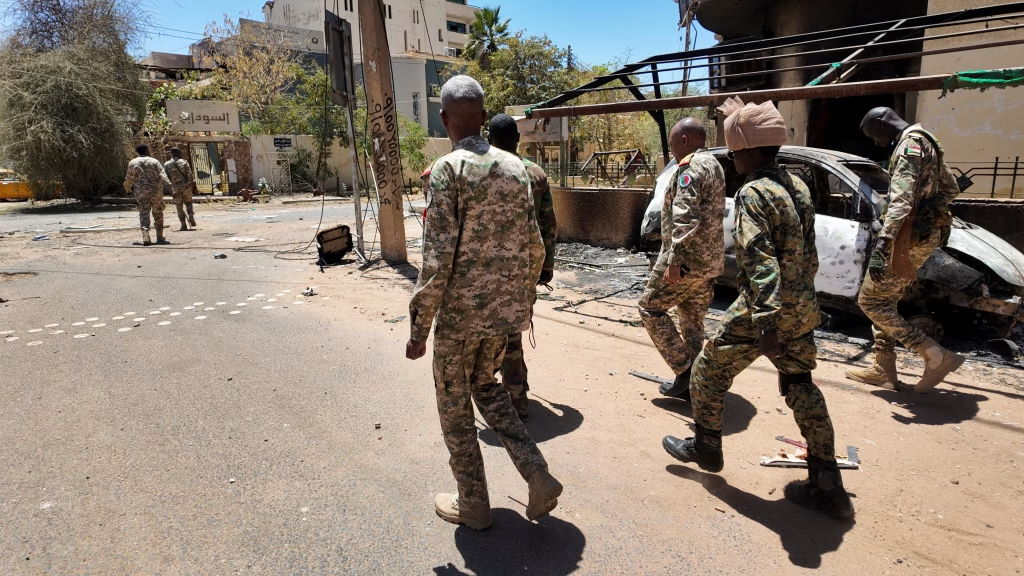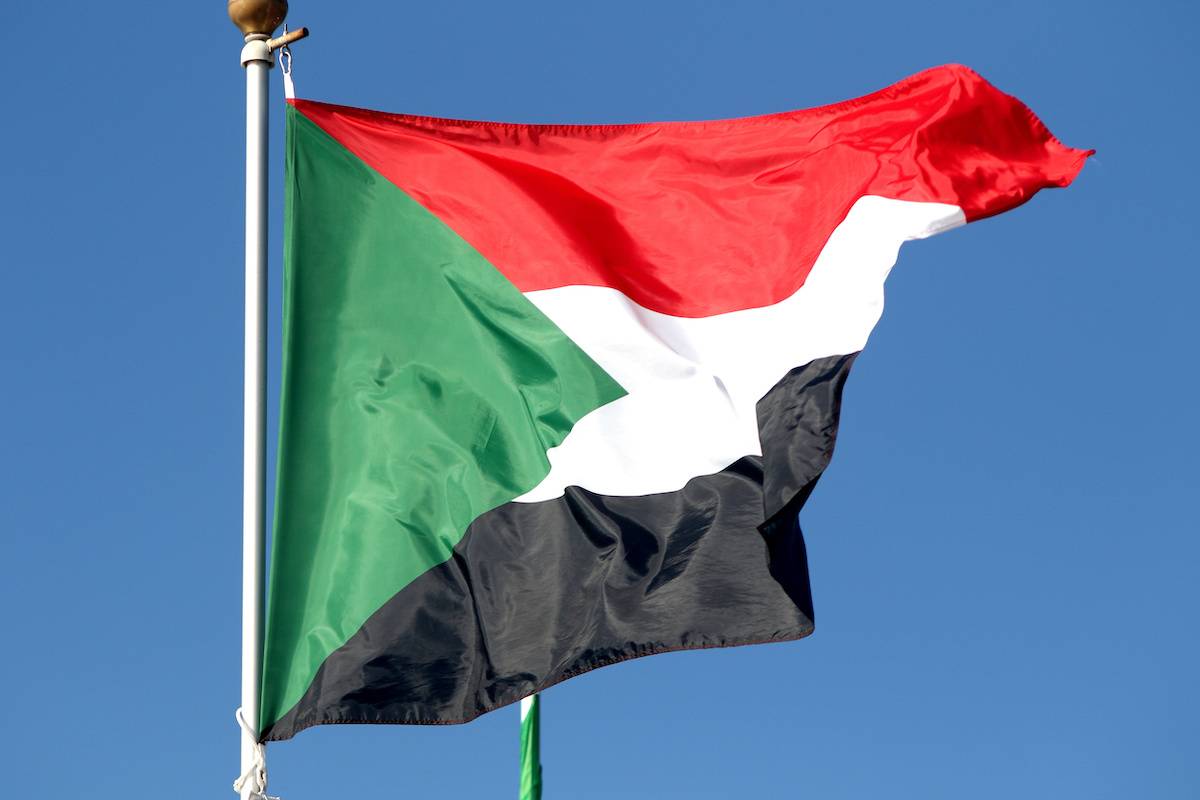The Sudanese pound has hit an all-time low on the unofficial market, traders in Port Sudan revealed on Thursday, as demand for imported goods continues to soar in the war-ravaged nation.
Currency dealers reported erratic trading throughout the week, with the pound plummeting to as low as 3,000 against the US dollar, compared to around 2,600 earlier this month.
Before the outbreak of fighting in April 2023 between Sudan’s army and the paramilitary Rapid Support Forces, the exchange rate was roughly 500 to the dollar.
According to traders, the latest sharp decline started about 10 days ago, triggered by rising demand for dollars to fund vital imports such as food, fuel, and medicines.
Economist Haitham Fathi stated that the country was facing an acute foreign currency crisis, exacerbated by the near-total collapse of state institutions and the loss of key revenue streams resulting from the conflict.

“Major sources of foreign exchange, including international loans, foreign deposits, oil transit fees, and remittances, have vanished because of the war,” Fathi explained.
Although the central bank still lists an official exchange rate of 445 pounds to the dollar, it has little control over the market, with much of the financial system now non-functional. With banks paralysed, most Sudanese rely on informal currency traders to buy foreign currency.
The currency’s rapid devaluation has further accelerated inflation, officially estimated at 105 per cent—although experts believe the actual figure is significantly higher. Soaring prices have made necessities increasingly unaffordable.
Sudan’s economy was already weak before the conflict began, heavily dependent on oil transit fees from South Sudan, limited exports, and international aid. Since the fighting erupted, those lifelines have all but disappeared.
Over 14 million people have been displaced, and essential infrastructure—including ports, banks, and government facilities—has either been destroyed or rendered inoperative.
In parts of Darfur and southern Sudan, famine has been officially declared, with aid agencies warning that millions more face imminent starvation if humanitarian access does not improve.


 Trending
Trending 